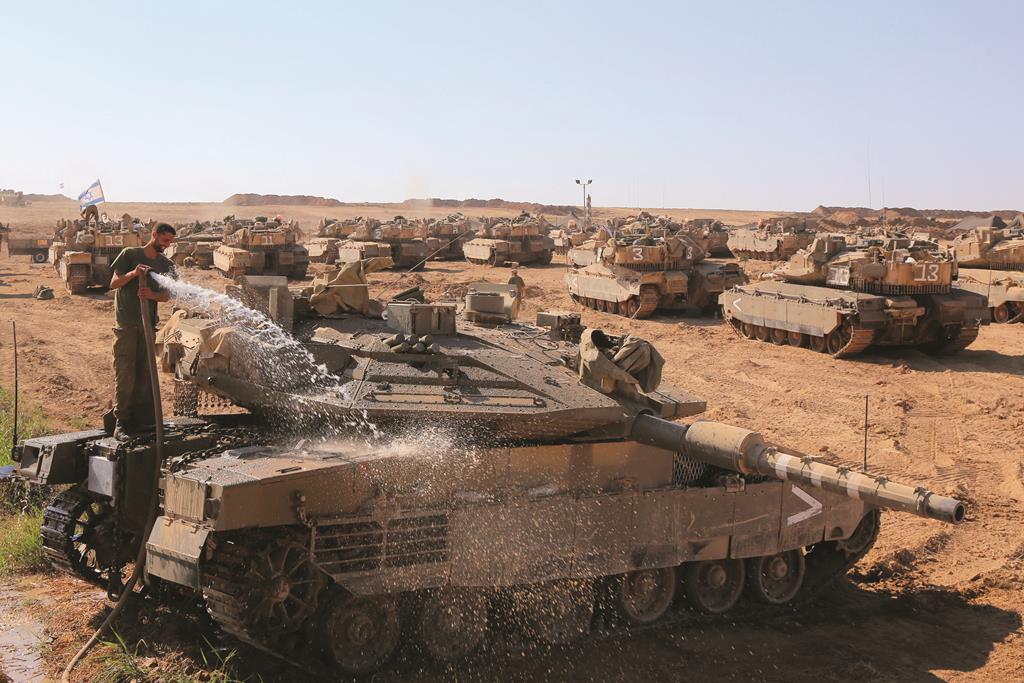Pollution in Atarot Far Too High, Officials Say

Residents of neighborhoods in northern Jerusalem – especially those living near the Atarot industrial zone – need to be very aware of the pollution density readings issued by the Environment Ministry on a daily basis, and those with weaker hearts and constitutions – especially the elderly and ill – need to be especially careful. A new study by the Jerusalem municipality and the Environment Ministry indicates that the air in the area of the industrial zone contains a high level of pollutants, caused by the eight concrete factories located there. In addition, the industrial zone contains several sites for the recycling of discarded building materials, which are also leeching out into the atmosphere.
People were aware of the problem for a long time, but its severity was underestimated. Earlier this month, the Environment Ministry undertook its own measurements of the pollutants, and the pollution count was considerably higher than those of the measurements taken by the city.
All eight factories are licensed to operate by the city, and are supposed to have the appropriate filters and recycling equipment installed to prevent pollution. However, at least four of the factories were found to have inadequate filtering systems. The city has issued warning letters, and if the violations are not corrected in the near future, it will take further action, officials said.
Also at fault are the transfer stations for recycling of discarded building materials, mostly concrete and brick. The waste is exposed to the elements, and leeches out into the atmosphere. The Ministry plans to require that the transfer stations be outfitted with roofs in order to cut down on the pollutants, but officials admit that due to the “politically complicated” situation in the industrial zone – which abuts several large Arab neighborhoods – undertaking that project will require coordination.
The Ministry also said that it would try to improve the physical conditions of the industrial zone, which has deteriorated significantly in recent years; due to safety issues, crews have neglected roads and empty lots, which have essentially become garbage dumps, making pollution in the area even worse. Ministry officials have already set up several meetings with owners of the sites in the industrial zone to discuss future plans.
To Read The Full Story
Are you already a subscriber?
Click "Sign In" to log in!

Become a Web Subscriber
Click “Subscribe” below to begin the process of becoming a new subscriber.

Become a Print + Web Subscriber
Click “Subscribe” below to begin the process of becoming a new subscriber.

Renew Print + Web Subscription
Click “Renew Subscription” below to begin the process of renewing your subscription.












